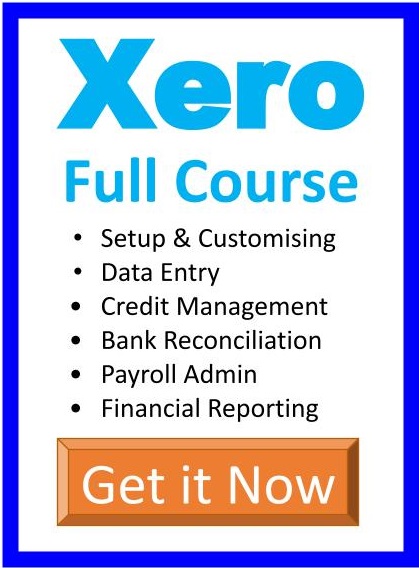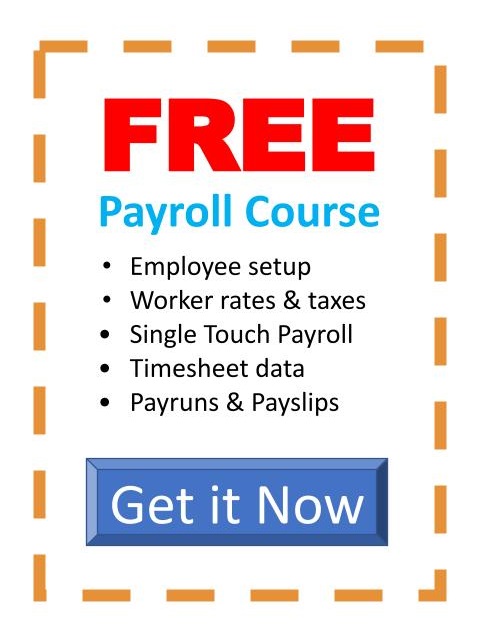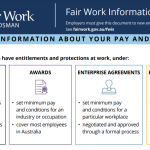So you’ve got a business idea! It’s winning and you’re pumped, excited, raring to go — but first, you have to write a business plan. If you haven’t written a business plan before, our Small Business Management course guides you through the process, step-by-step; but if you have, then you already know how vital it is: the Number One reason businesses fail is from a lack of planning.
Isn’t Business Planning Boring?
But that doesn’t change the fact that writing a business plan can be a yawn, can’t it? That high you experienced just from thinking about your business idea quickly evaporated at the first mention of the word “business” followed by “plan”. But, no — business plans don’t have to be a buzz-kill.
Make it Interesting
Nicola Wilson is a professional writer and a chartered accountant — “a strange but true combination of skills” — and the founder of business writing firm, Wordonomics. As a business writer, she’s seen more business plans than she cares to remember but the plans that do stand out are those that, put simply, are interesting.
“If a business plan has been requested by an external stakeholder — a bank, potential investor or business partner — then it must impress,” Wilson says. “It should also take the reader on a logical journey, be easy to follow, clear and concise.”
But clear and concise doesn’t mean boring. “If your business plan is intended to encourage a third party to invest in your business — be compelling,” Wilson advises, “especially in the executive summary.” In fact, Wilson stresses that the executive summary is the most important part of the document.
“The executive summary is your ‘elevator pitch’,” Wilson explains. “By the end of the first page, your investor or lender should have made a gut decision as whether to give you the money or not.”
The rest of the document: that’s just the evidence to support your claims. It confirms to your investor that they’ve made the right decision by investing in your idea.
Keep the Plan Alive!
But once you get your hands on that cold, hard cash, don’t think you can drop your business plan in the junk drawer. “It should be a living document,” Wilson says, “that you consult and update regularly.”
It’s easier to do that if the document is just a little bit interesting, reminds you of your goals, and inspires you to keep taking steps towards achieving them.
***
In essence, this is what makes your business plan like a roadmap: it constantly points you in the right direction. Using a business plan frequently in your business is a lot like using a roadmap to plan a road trip.
Sure, you can wing it — Thelma and Louise did, after all. But look where that got them. Don’t steer your business off a cliff — write a business plan.
Our Small Business Management Course guides students through the step-by-step process to creating and writing a practical, successful business plan so you don’t lose your way.


















